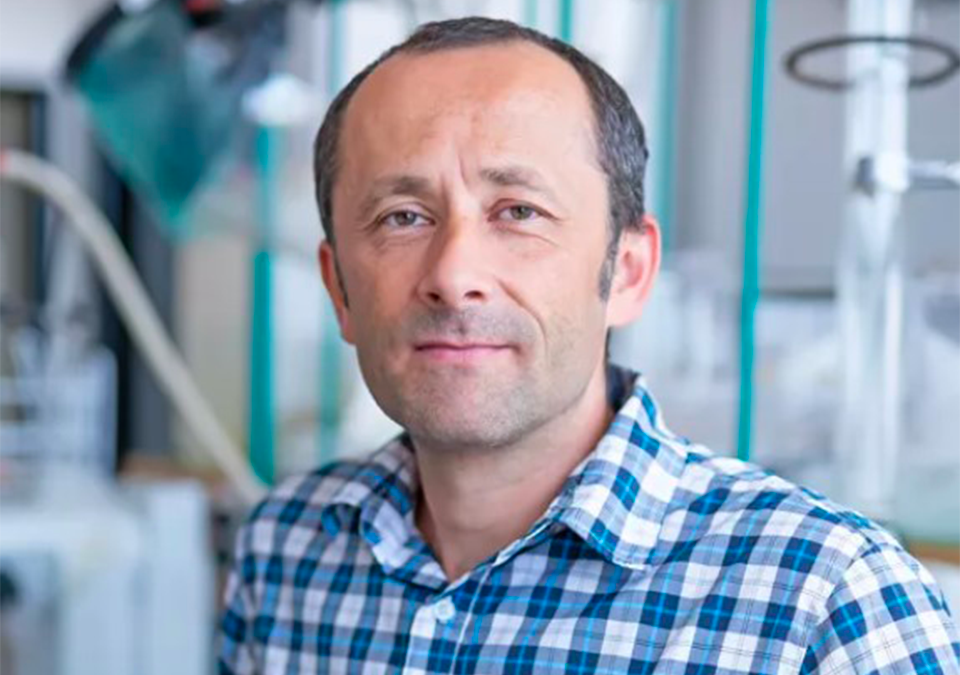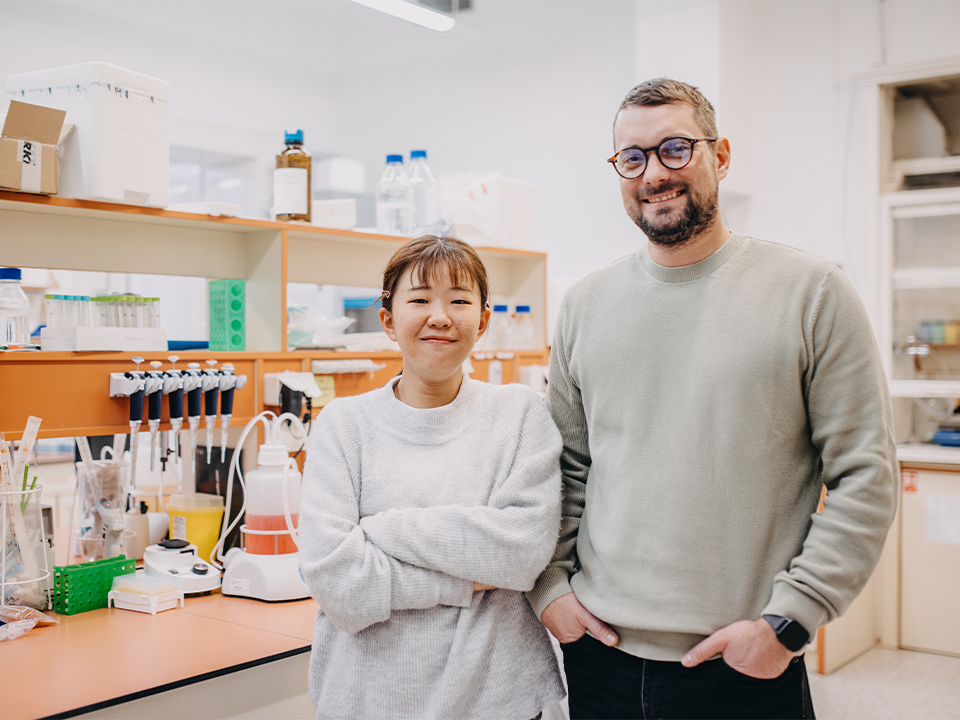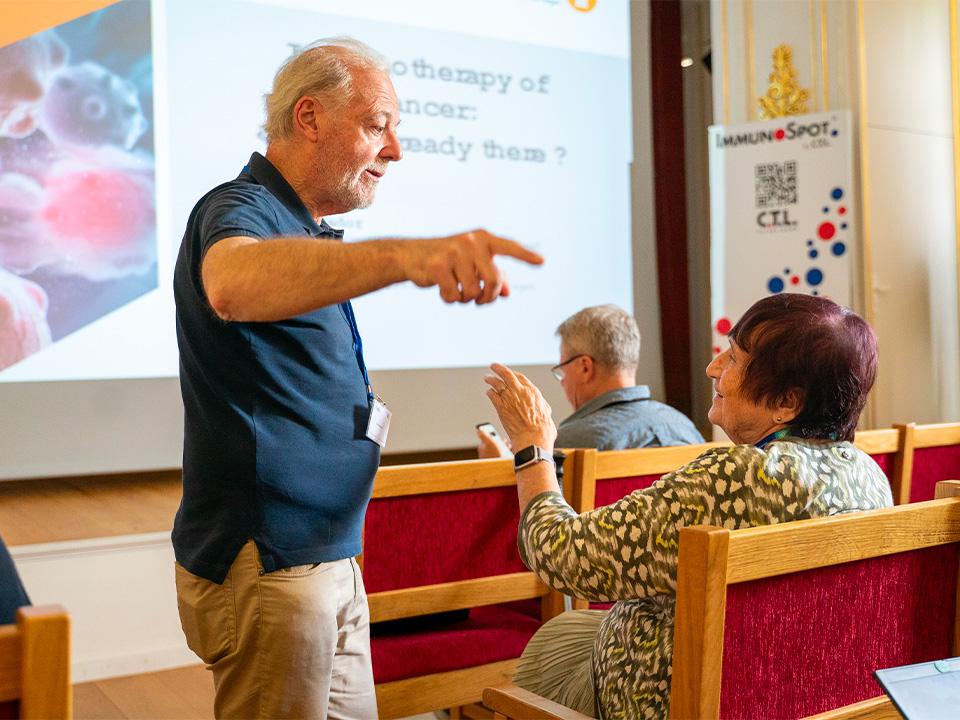Scientists from the Institute of Macromolecular Chemistry of the CAS, led by Tomáš Etrych, whose research group is part of the NIRC, have been involved in developing a strategy to determine whether treatment with advanced forms of nanomedicines will be of significant benefit to patients or remain without effect. Recent research results have been published in Nature Biomedical Engineering.
According to a press release from the CAS, a total of 12 teams from 4 European countries (Czech Republic, Netherlands, Germany, UK) and Singapore participated in the comprehensive research. The researchers identified 23 tumor markers and compared them to how nanomedicines accumulate in selected tumor models using machine learning. For the study, the experts chose two representatives of the most commonly studied types of nanosystems for cancer treatment.
“Our task was to prepare one of the two model nanosystems used in the study. It had to meet several conditions: it had to be free of adverse side effects and at the same time exhibit a unique ability to accumulate in the tissue of the model tumours studied,” says Tomáš Etrych, adding that fluorescence molecular tomography was then used to study tumour accumulation and the fate of the nanosystem in detail in laboratory animals. The results of the research can significantly increase the likelihood of clinical success of nanomedicines under development.

Schematic description of the developed strategy from tumor accumulation to evaluation by correlation analysis
Fig.: Institute of Macromolecular Chemistry of the CAS





